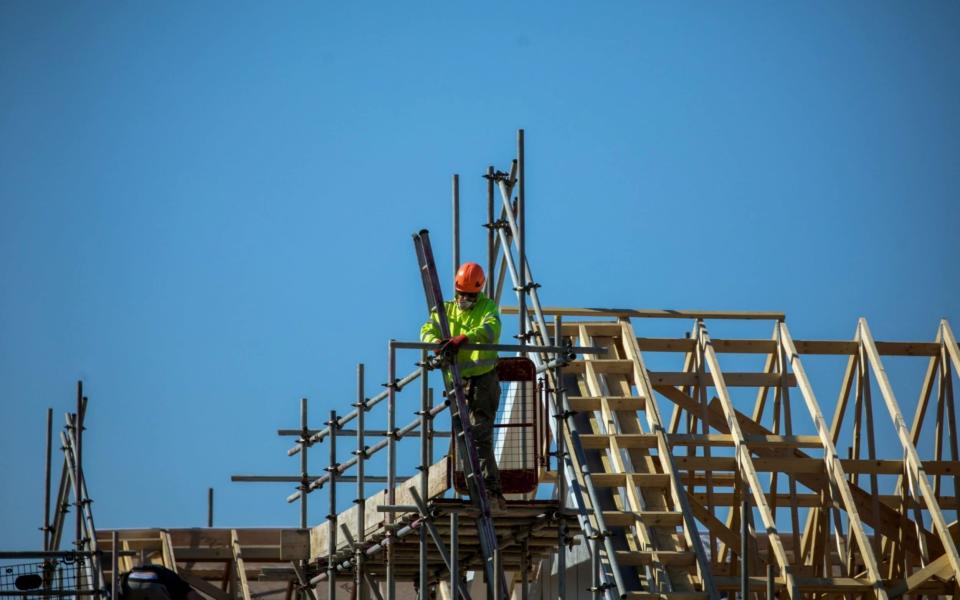Bidding wars spark pay surge for top talent

Britain’s skills shortage has sparked an increase in pay offers by as much as 50pc as businesses scramble to meet soaring demand from consumers.
Pay packets across key industries, including engineering and marketing and communications, are up by an average of 13pc so far this year compared with a year ago, according to recruiter Manpower Group.
The company said competition is so fierce that two in every five job offers are being met by a successful counter-offer by the candidate’s current employer in a bidding war to retain talent.
Jason Greaves, of Manpower, said: “The boom in hiring means the UK, in a lot of skillsets, is now facing an acute talent shortage.
“Even pre-Covid there was already a skills shortage in engineering, procurement and driving, and that has been exacerbated now. "We’ve never seen this level of pay rises before. We’ve had skills shortages before, but the organisation's grasping for talent now is as great as it has ever been.”
Those taking new jobs in pharmaceuticals and life sciences this year received salaries on average 38pc higher than those moving roles a year ago, amid booming investment in the sector during the pandemic.
In engineering, finance and procurement, pay packets are up by around one-quarter, while in media, marketing and communications salaries have surged by more than 40pc.
In niche skills such as nuclear engineering, pay offers are up by as much as 50pc, Manpower said.
Even the HR industry itself is facing pressure, with earnings rising by 5pc or more as recruiters themselves need more staff to cope with rising demand.
Demand is surging in hospitality as the industry reopens, with more demand to come when weddings and events start up again, he said, while construction workers are also scarce due to a jump in infrastructure projects.
The shifting economy is also creating shortages of drivers, with an estimated 80,000 vacancies as the boom in online shopping shows signs of becoming permanent, as well as rising pay in digital marketing as more companies move their focus to internet sales.
It came as Andy Haldane, the Bank of England’s chief economist, told LBC radio the economy is “going gangbusters”.
However, he warned that the key test of the economy's strength will be when furloughed workers return to their jobs, something which will be helped by rising pay.
“It starts by keeping spending demand in the economy strong. That is what creates the demand for workers and will then encourage people back in," Mr Haldane said.
“It might require a few pay rises to make that happen. Some of that is starting to happen, as demand comes back on and bottlenecks of various types are being faced, including on skills, we’re finding pay creeping up and that will be one of the factors that should encourage people back out of their front rooms and off their sofas and back into the world of work I hope.”
Separately on Wednesday, figures showed that factory prices for Chinese goods rose at the fastest rate since the financial crisis in May, adding to global inflation fears.
China’s producer price index jumped 9pc higher year-on-year last month, up from 6.8pc higher in April, on the back of the soaring price of raw materials, according to the National Bureau of Statistics.

 Yahoo Finance
Yahoo Finance 